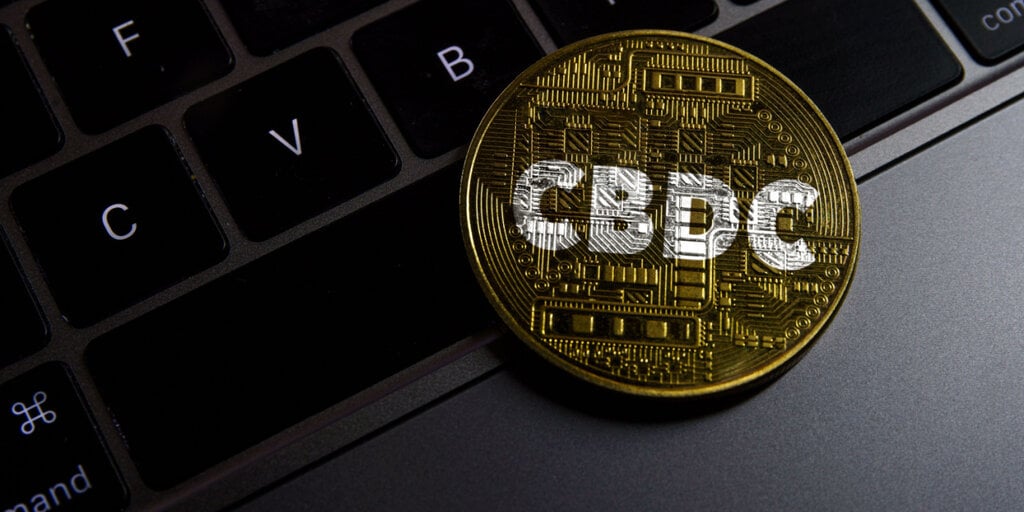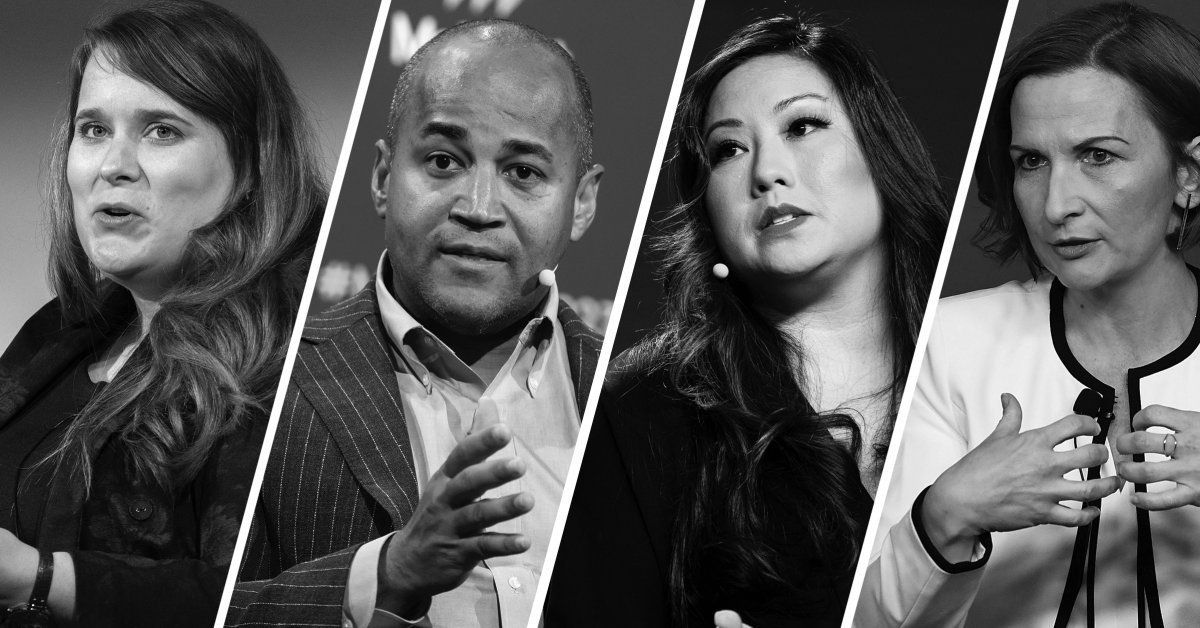At Thursday’s Senate confirmation hearing, President-elect Donald Trump’s Treasury secretary nominee Scott Bessent rejected the need for a U.S. central bank digital currency (CBDC), allaying concerns from some crypto observers.
“I see no reason for the United States to have a central bank digital currency,” Bessent said. Senate Finance Committee. “In my mind, a central bank digital currency is for countries that have no other investment alternatives.”
Bessent’s statements mark a stark departure from how various federal agencies have explored the prospects of a central bank-issued digital dollar.
If Bessent is confirmed as Treasury secretary when Trump is sworn in on January 20, a potential reversal of federal government policy CBDC Research Initiatives could be at stake.
Bessent’s statements at Senate confirmation hearing align with Trump’s promisetaken exactly a year ago, to “never authorize” an American CBDC if it is re-elected. Asset named Bessent in November last year.
The position taken by Bessent also aligns with broader Republican opposition to CBDCs.
In May 2024, the House passed the Anti-surveillance state lawwhich would prevent Federal Reserve banks from issuing digital currencies directly or indirectly.
Sovereign currency, national interest
Central bank digital currencies or CBDCs are digital versions of the fiat currency of a nation or state. CBDCs have been studied for years in the United States. There are currently two types: a retail one, designed for the general public, and a wholesale CBDC intended to facilitate interbank transactions.
Bessent’s comments come as 134 countries, representing 98% of global GDP, are exploring CBDCs, according to the Atlantic Council. data. This includes large economies like China, which has already tested its digital yuan during events like the 2022 Olympics in Beijing.
In March 2022, President Biden issued a decree for the “responsible development” of digital assets, citing how global monetary authorities are “exploring and, in some cases, introducing” CBDCs.
Janet Yellen, current Treasury Secretary and former Federal Reserve Chair, supports the idea of exploring CBDCs. In March of last year, the Federal Reserve declared CBDCs as a “key duty” to Congress.
Several years after their creation, central bank digital currencies (CBDCs) have faced widespread criticism from the crypto community, arguing that they could amplify government surveillance.
In 2023, Ethereum co-founder Vitalik Buterin said in a statement interview with CNBC that CBDCs were something he “was a little more hopeful about (which), probably, naively, five years ago”, citing the transparency and auditability guarantees that CDBCs were designed to have .
Nothing new
The Federal Reserve has been studying the implementation of CBDCs since 2021, publishing a detailed report report in 2022, examining the potential benefits and risks.
However, Fed Chairman Jerome Powell has argued that any digital dollar would require congressional approval, noting in August last year that there was “nothing new” to CBDCs.
“Some of them are seriously considering implementing a CBDC,” Powell said at the time. “We really aren’t.”
Edited by Sébastien Sinclair
Daily debriefing Newsletter
Start each day with the biggest news stories of the day, plus original features, a podcast, videos and more.










